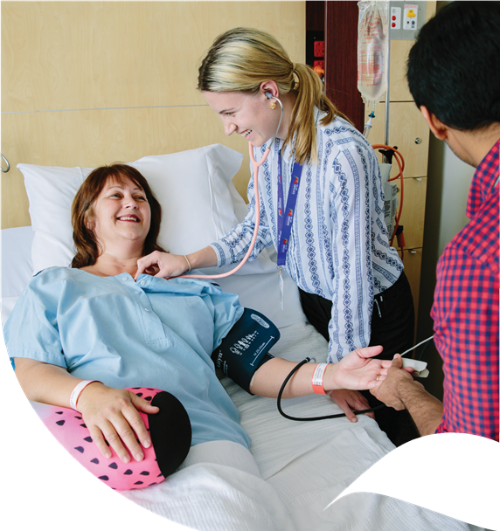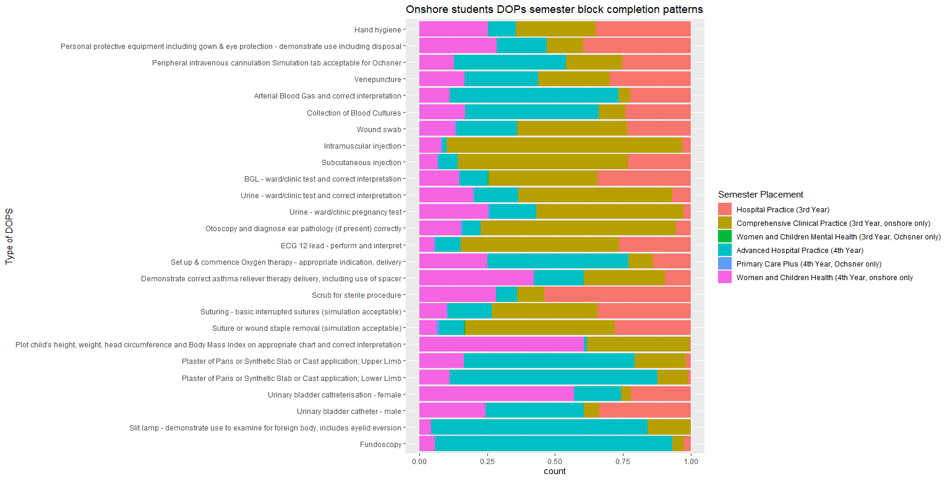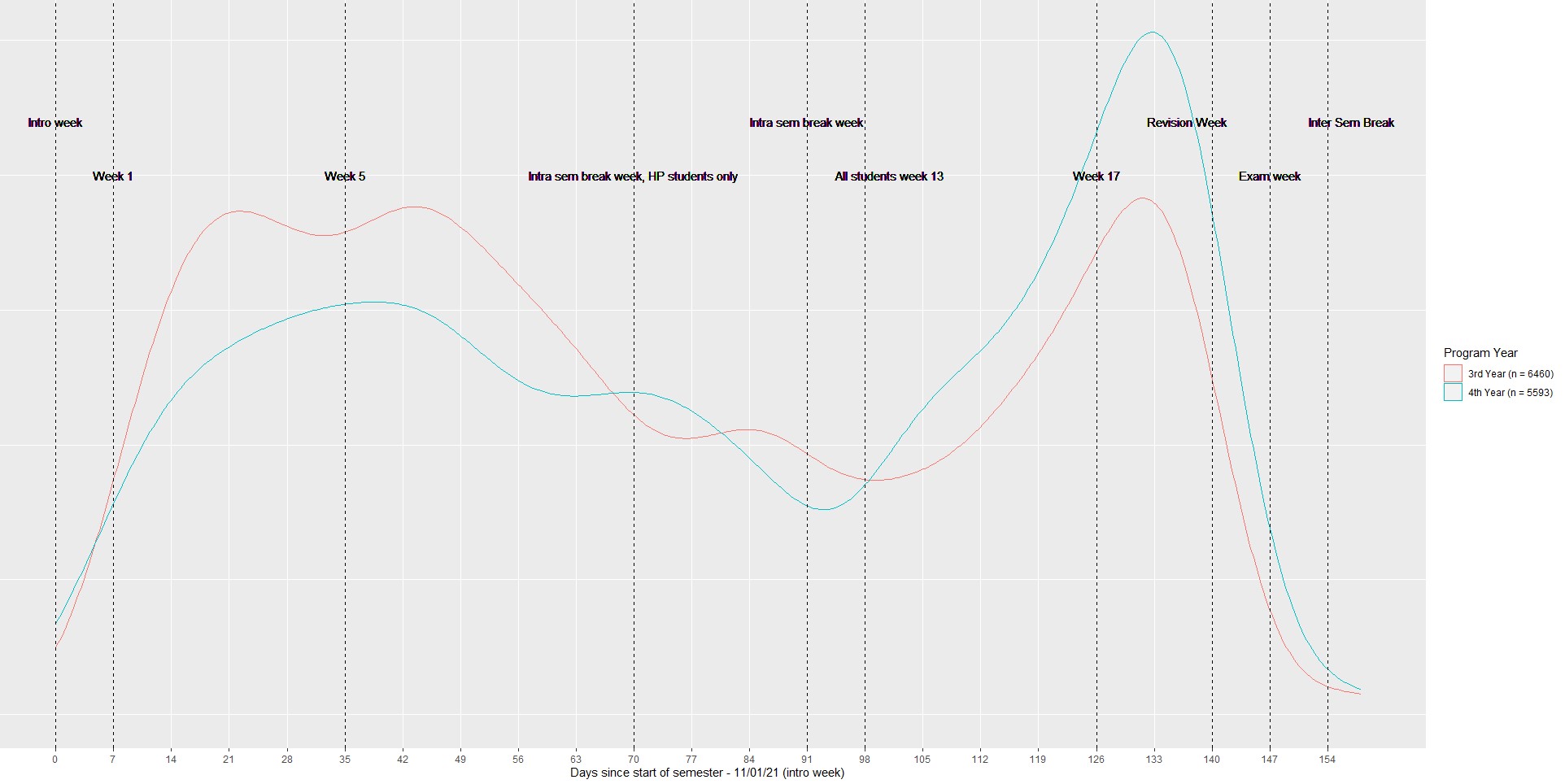
This project is part of a suite of projects investigating cross-sectional longitudinal assessment data to understand patterns of student engagement and performance as they progress through the Doctor of Medicine Program.
In 2019 the Doctor of Medicine program introduced a new yearlong course that utilises best-practice medical education principles in the assessment of clinical performance. While completing clinical placements, students engage in a cycle of planning, capture of workplace-based learning tasks and review of feedback to support their development of clinical capabilities. This approach incorporates assessment for learning to guide students’ future actions and preparedness for assessment of learning which informs assessment decisions and progression in the clinical years. Research exploring feedback shows that high quality feedback that provides direction for further student planning is essential for student learning to maximise their development of evaluative judgement and achievement of clinical capabilities.
The aim of this project is to analyse data sets of deidentified workplace-based learning task records collected by medical students during their interactions with clinical supervisors during 2021. One component of the data set is the written feedback comments that students enter into an electronic platform. Also captured is the type of workplace-based learning task, time that the task was completed and student action plans.
The research project is adopting mixed methods approach evaluating this de-identified quantitative and qualitative data set. Work completed by a winter scholarship student has begun to map the patterns of completion, the range of assessors, the nature of written feedback provided by clinical supervisors and the action planning completed by students. Figure 1 describes the clinical placement type where the DOPS (direct observation of procedural skills) were completed and Figure 2 shows the ebbs and flows of students completing DOPS across the semester.


Coding and thematic analysis is underway to identify examples of high-quality actionable feedback in the clinical setting. In addition, student outcomes from related clinical assessments such as the Objective Structure Clinical Examination and overall program outcomes (GPA scores) will be analysed with student engagement in the workplace-based learning activities to identify patterns of achievement or flags that may indicate students at risk of failure. This information will inform the development of the electronic learning platform that is planned to be piloted and gradually implemented from 2022. Outcomes will also assist the development of a University of Queensland Teaching Innovation Grant application in collaboration with the Veterinary Science program and the Institute for Teaching and Learning Innovation (ITaLI).



